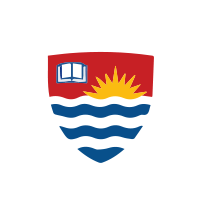项目概述 / Program Summary
Students benefit from close working relationships with their advisors. These relationships help to facilitate students' research in Condensed Matter & Optical Physics (semiconductor, surface science, soft-condensed matter, and fibre optics). Lakehead University’s collaboration with the medical physics staff at the Regional Cancer Centre also provides a number of applicable research opportunities with Medical Physics professionals.
As well as the regular core courses, students are provided with special topics courses. This combination of general and thesis specific courses prepares students for further graduate work and provides a solid background in their area of specialization.
Students enrolled in the Master of Science (Physics) program may take the Co-operative option subject to the approval of the Department. To obtain the MSc (Physics Co-operative Option) degree, student must satisfy all the academic requirements for the MSc (Physics) degree and in addition must complete Physics 5990 and 5992 successfully. The first and last terms of the student's program must be academic, and at least one of the work-terms must occur in a fall or winter session. The student may have the opportunity to work on a thesis during work-term placements.
相似项目 / Similar Programs

硕士学位
项目等级

24月
项目时长

$20635.00 加元 / 年
生活成本

$23000.00 加元 / 第一年
总学费

$125.00 加元
申请费用
